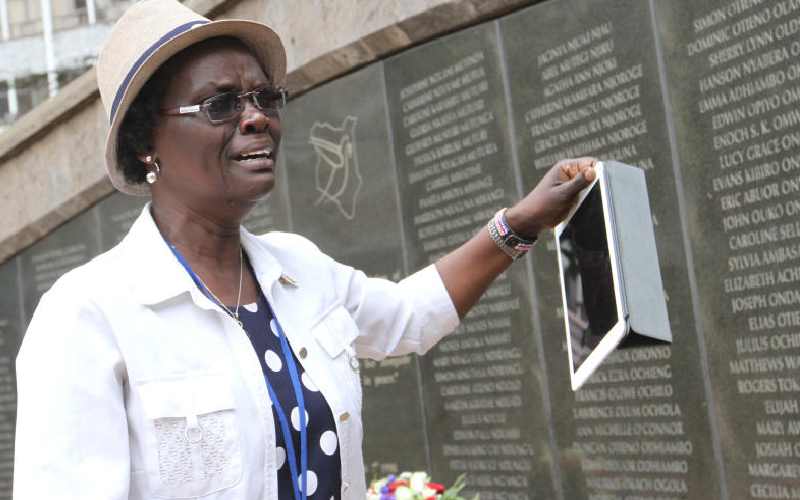×
The Standard e-Paper
Stay Informed, Even Offline

The US Supreme Court has ordered Sudan to pay Sh460 billion in damages to the victims of terrorist bomb attacks in Kenya and Tanzania in 1998.
However, it is not clear whether those killed or injured in the simultaneous attacks on August 7, 1998 at US embassies in Nairobi and Dar es Salaam will be among those compensated. The attacks killed 224 people and injured thousands.